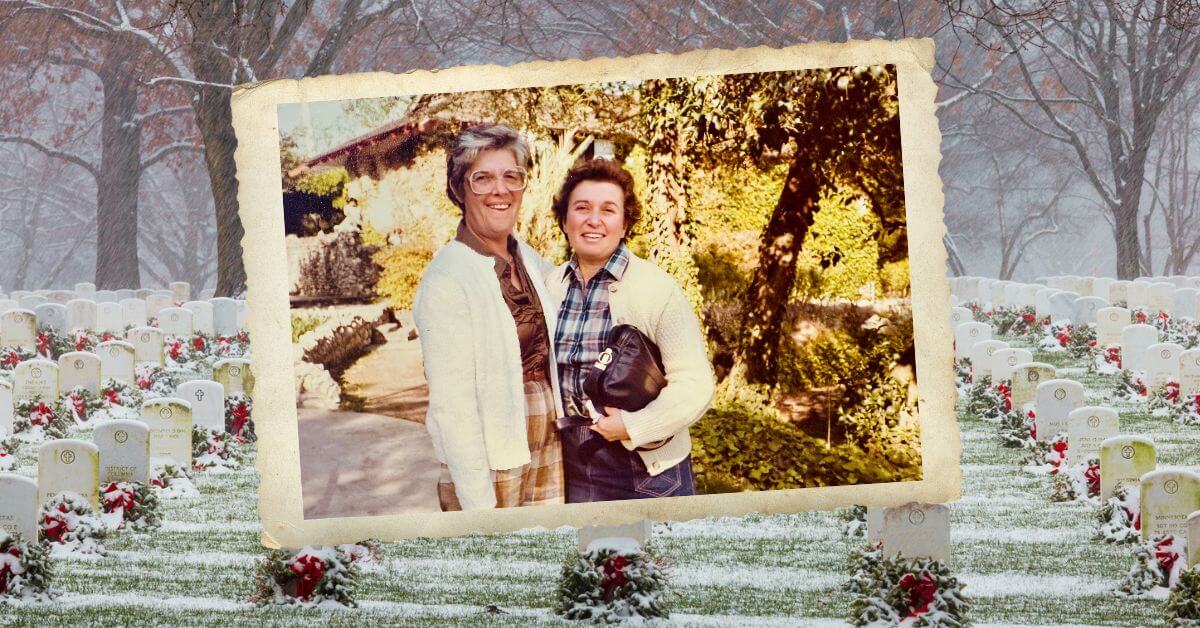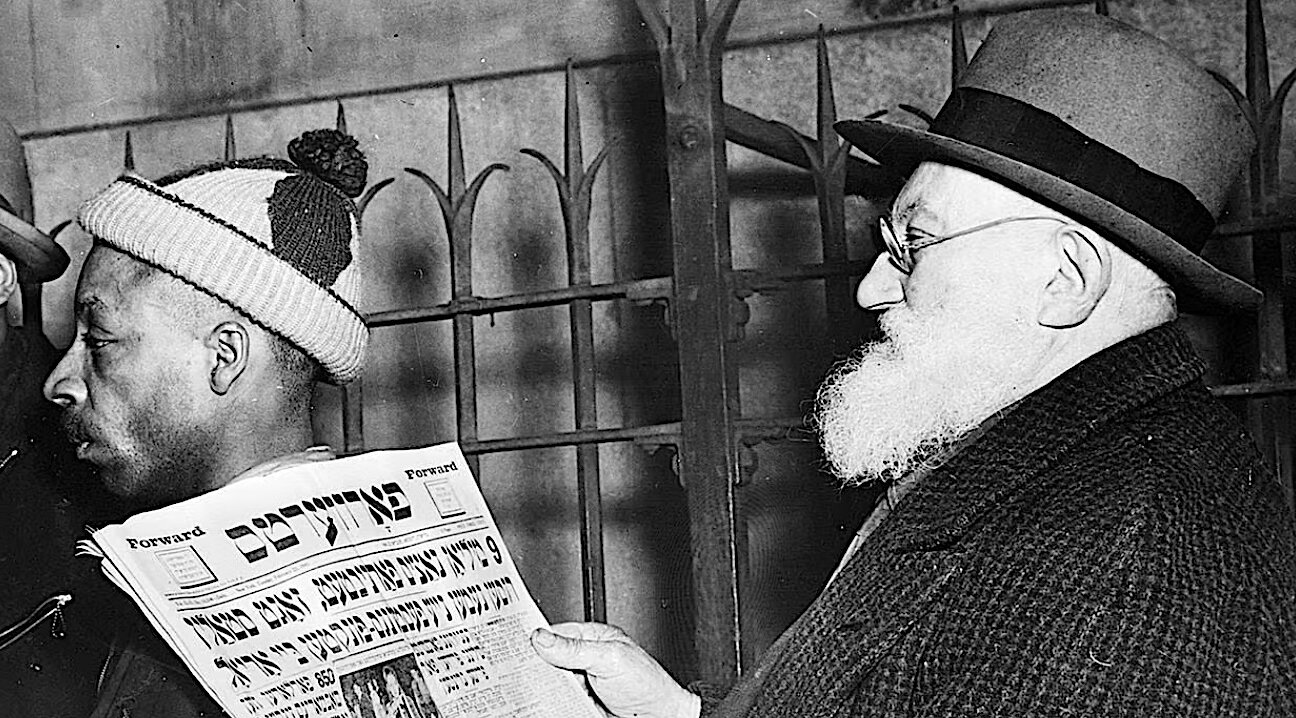Which Jewish groups got the biggest coronavirus loans from the government — and why?

Paycheck Protection Program loan document Image by Kameleon007
The Orthodox Union, the Jewish United Fund of Metropolitan Chicago, the Union of Reform Judaism, the Anti-Defamation League and Yeshivah of Flatbush are the Jewish groups that received the largest loans from the Small Business Administration’s Payroll Protection program, according to data released this week by the SBA, the federal body responsible for distributing loans to help organizations weather the coronavirus pandemic.
Those five Jewish organizations received between $5 and $10 million in loans, the highest loan bracket listed by the Small Business Administration, which only included loans greater than $150,000 in its data. The Forward created a list of Jewish organizations by searching the data with the keywords “Jewish,” “congregation,” “synagogue,” “kosher,” “Judaism,” “defamation” and “yeshiva.”
“With some of these orgs, you kind of scratch your head, like, ‘Really? How did they get that?’” said Richard Skeen, a Jewish nonprofit consultant, of the largest loans. “There’s no rhyme or reason.”
Out of 4.9 million successful applicants, about 950 Jewish organizations received PPP loans.
The data revealed that the Jewish groups’ choice of lender was a big factor in whether their application was successful, said Andres Spokoiny, president and chief executive of the Jewish Funders’ Network. Cross River Bank and JP Morgan Chase worked with the highest number, adding weight to a claim many nonprofit experts were making all along — that working with the right bank improved an organization’s likelihood of getting a loan.
“The best predictor of who would get a loan and wouldn’t is the banking partner they used,” Spokoiny said.
Jewish Community Centers and Jewish Federations also seemed receive a high number of loans, which Skeen said could be because of their umbrella organizations, the JCC Association of North America and the Jewish Federations of North America, helped them through the loan process by providing resources and answering questions.
Organizations were asked to self-report how many jobs they were able to save as a result of receiving the loan. The top three in this category, each with 500 jobs saved, were Jewish Family Home Care, Inc in Fort Lauderdale, Mrs. Klein’s Kosher Pickle Company in Phoenix and United Jewish Council of the East Side in New York.
(The Forward received a loan in the second-lowest bracket, between $350,000 and $1 million, and reported that it retained 30 jobs with the loan.)
The retained jobs data was not available for every organization, but the Orthodox Union reported retaining no jobs with its PPP loan despite being one of only five organizations to get a loan for $5 million or more.
“In order to ensure its capacity to continue providing its full range of communal services, including addressing the unprecedented communal needs caused by the pandemic, the Orthodox Union itself applied for and received a PPP loan in accordance with the provisions of the CARES Act and relevant regulations and guidance,” the OU said in a statement.
Skeen also said the list raises new questions about what will happen to organizations like JCCs that got loans but still rely on membership fees or other sources of revenue that might take a hit this fall or winter if the pandemic keeps people at home instead of working out at their JCC gym, for example.
“What is their long-term sustainability plan?” he said.
About 480 organizations received loans between $150,000 and $350,000, the lowest loan category released by the SBA. Among them are Beth Jacob Congregation in Beverly Hills and the Bayonne Jewish Community Center.
About 350 organizations received loans between $350,000 and $1 million, about 130 got $1 million to $2 million, about 75 got $2 to $5 million and only five got loans between $5 and 10 million.
Israel’s Consul General Dani Dayan is leaving after four years. What has he learned? He talks to editors-in-chief Jodi Rudoren and Andrew Silow-Carroll, of the Forward and the Jewish Week, about American Jewry’s relationship with Israel. Register here to listen in on July 8 at 12 p.m. ET.
Update July 8, 10:57 a.m.: This story and the data visualizations have been updated to include organization names that contain the keywords “Judaism” and “defamation.”
Molly Boigon is an investigative reporter at the Forward. Contact her at [email protected] or follow her on Twitter @MollyBoigon
A message from our Publisher & CEO Rachel Fishman Feddersen

I hope you appreciated this article. Before you go, I’d like to ask you to please support the Forward’s award-winning, nonprofit journalism so that we can be prepared for whatever news 2025 brings.
At a time when other newsrooms are closing or cutting back, the Forward has removed its paywall and invested additional resources to report on the ground from Israel and around the U.S. on the impact of the war, rising antisemitism and polarized discourse.
Readers like you make it all possible. Support our work by becoming a Forward Member and connect with our journalism and your community.
— Rachel Fishman Feddersen, Publisher and CEO























